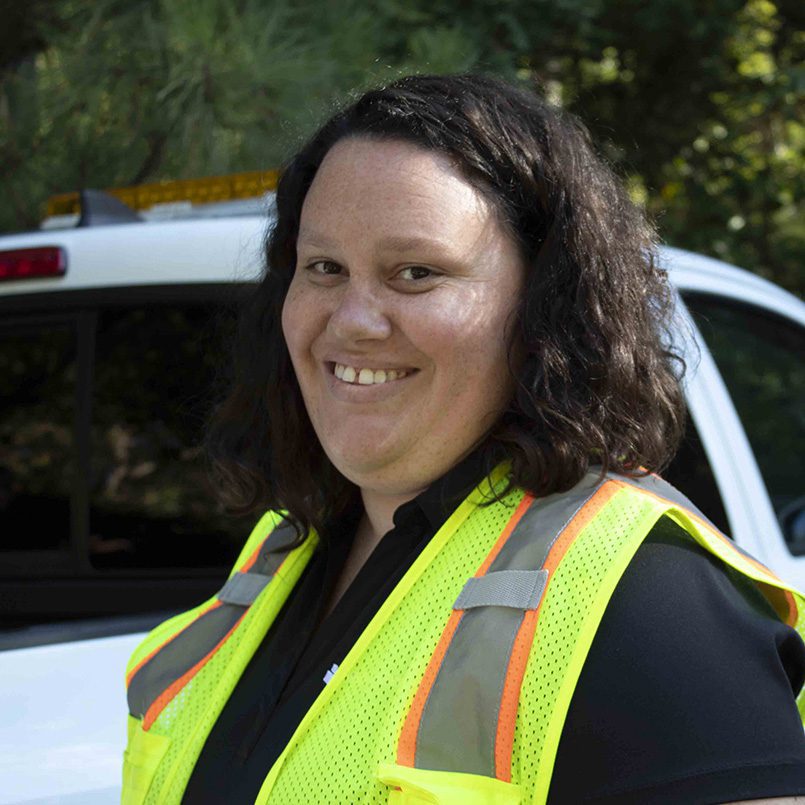
Lindsey Woolridge is a talented environmental scientist who doesn’t let any grass grow under her feet when it comes to learning and professional development. In 2019 we featured an article about Lindsey’s nomination to participate in the Environmental Data Resources (EDR) Developing Leaders program.
I recently caught up with Lindsey and chatted with her about her experience in the program one year later.
During this discussion, I was surprised to hear her say that, while she was excited to have the opportunity to participate in the program, she was also very nervous about asking her manager if she could at first.
I was a little shocked at this statement because this just didn’t sound like the WithersRavenel that I know. The WithersRavenel that I know encourages and fosters professional development, so I probed further to see what was driving her nervousness.
Woolridge explained that she, as a newer employee, wasn’t sure if she would be allowed to participate in development activities outside the company. What if her new employer was afraid of her leaving? Once she got up the nerve to talk to her manager about it, she was relieved: not only did he say yes, but he was very supportive and encouraging of her engagement in the program.
Lindsey went on to say that the EDR Developing Leaders Program was unique in that the initial focus was to help foster knowledge transfer and learning from the more seasoned professionals down to the emerging professionals. Since the environmental due diligence profession is only about 30 years old, many of the people who entered the profession early on are now at the age of retirement. And, unfortunately, the industry as a whole has not done a great job of passing information to the next generation of professionals. Mid-career professionals were expressing frustration that information just wasn’t filtering down to them. While people were getting trained how to do their jobs, the critical field knowledge was not getting passed to the next generation.
Lindsey said her experience with her mentor and the program exceeded her initial expectations. Early on, she and her mentor set goals to achieve over the course of the year and the frequency in which they would meet. Lindsey’s mentor took the role very seriously and creatively aligned learning opportunities and challenging assignments to help Lindsey achieve her objectives. While the program has officially ended, she and her mentor have formed a tight connection and still have a standing monthly meeting to catch up.
As we neared the end of our discussion, I asked Lindsey what was next for her as it related to mentoring. I wanted to know if this was a one-and-done experience for her, or if she would sign up to do it again?
In typical Lindsey fashion, her response was exuberant and to the point. She exclaimed “Absolutely!” Lindsey stated that she would “take all of the mentoring she could get, whether in a formal program such as the EDR program or not.”
“You see, at that point in my career, I would not have asked for a mentor,” she said. “I simply didn’t understand enough about what the experience could be like, nor did I feel like I could put myself out there to ask someone on my own. This type of structured program provided me a low-risk way to get a mentor assigned that checked all the boxes for what I was looking for. And, the structure of the program forced us to do it.”
Now that Lindsey has done it for a year, she will certainly keep going, because an individual’s personal and professional path is full of many inflection points where one’s needs and interests change.
One thing that remains unwavering for Lindsey is her passion — not only for the environmental profession and her career at WithersRavenel, but also for taking charge of her own personal growth and development.
Jessica Martin-Lane is the Chief Strategy and Marketing Officer (CSMO) for WithersRavenel.
